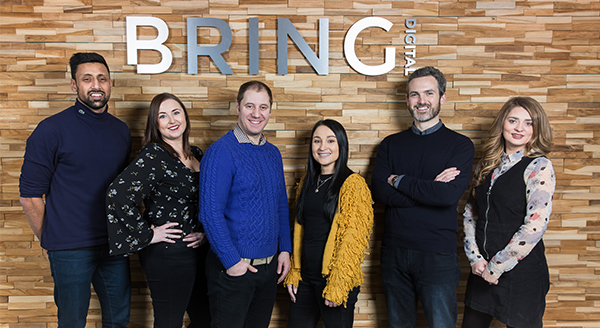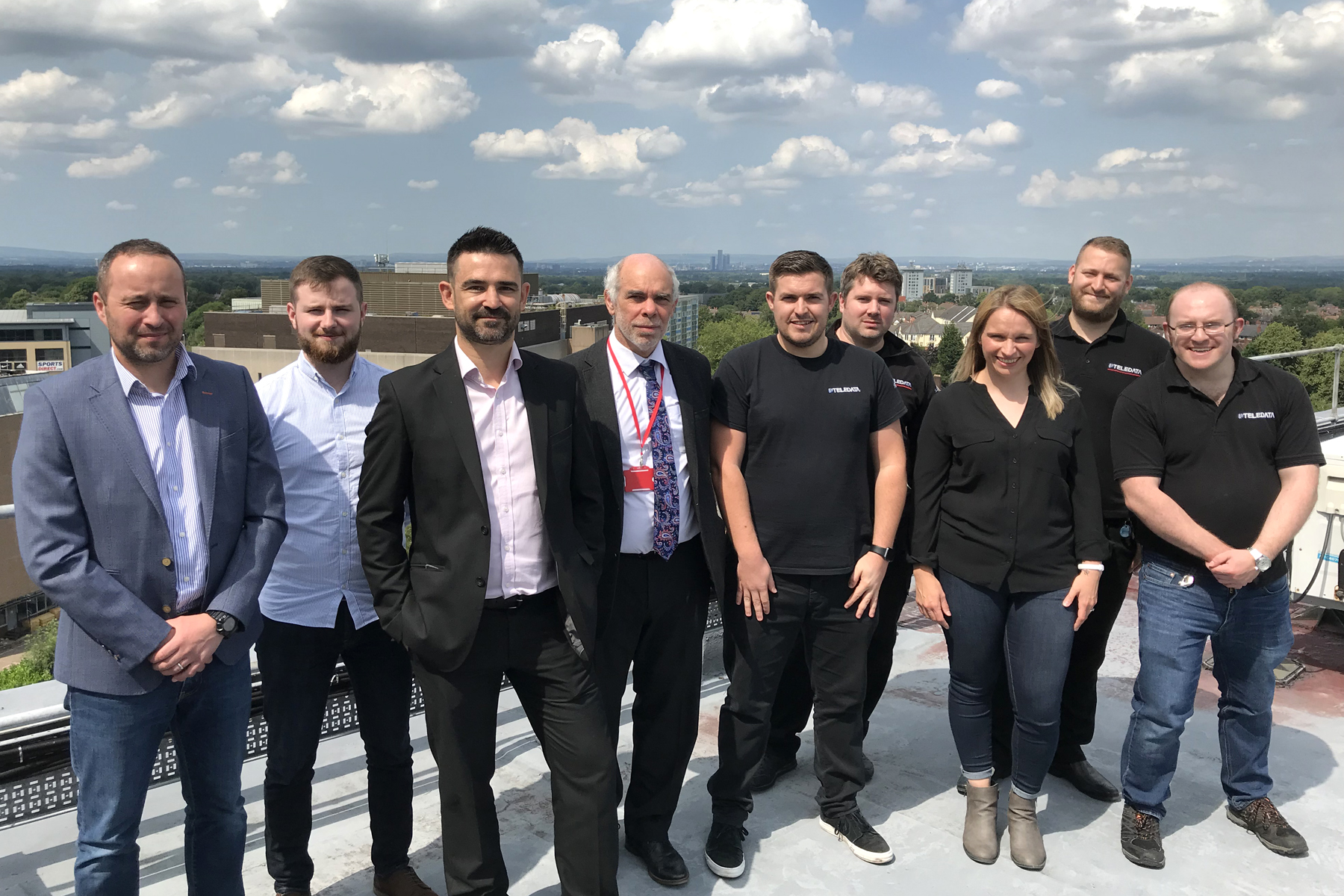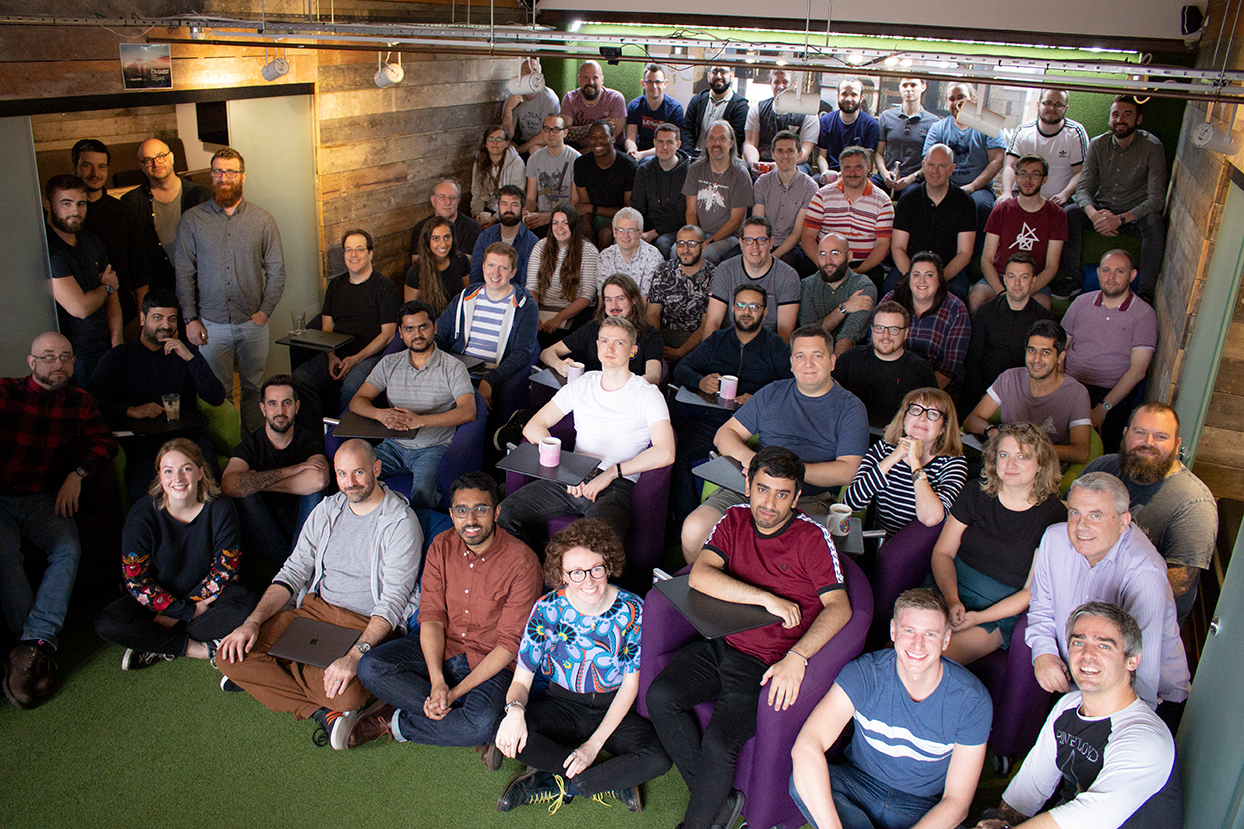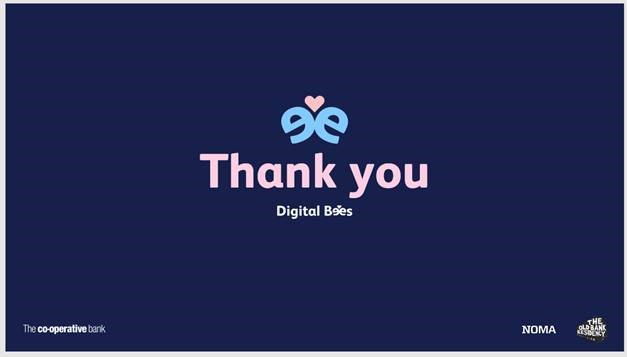
Software has a people problem, and people have a problem with software. I'm actually talking about how people interact with software and how they engage with it. I've talked a lot about this before - I talk to clients, my team and I talk to anyone who is interested about how people are the hardest part of building great software.
Most change managers would tell you it's because it's essentially impossible to get everyone on board with the programme and that you just have to accept some losses, but I'm going to tell you now that this is complete rubbish.
A business is like a rocket. Some rockets are pretty simple. An aerodynamic shell, some propellant and you'll have something that takes off, albeit haphazardly. Some, like the Falcon 9 that SpaceX uses are complex. They have so many moving parts, and they are almost completely automated, to the point that they can bring themselves back to Earth safely for reuse.
The thing with rockets is that you need to push them (quite hard) to get them to go anywhere, and if you want them to go in a particular direction, then you have to add complexity to them. Then more complexity if you want them to come back down again. Your business is the same, and the fuel is your people, and the complexity is your systems and processes.
At the point at which those systems and processes need to become sufficiently complex (the difference between starting out with a Saturn V, and ending up with a Starship) to direct your business in whatever the right direction is, your people can't keep up. There just isn't enough available to make it go. So in rocket-speak, you've got a very complex and now heavy rocket, but you don't have the right kind or enough fuel to actually get off the ground.
So what's the solution? Most business owners think you can just add more people, but adding more people confusingly compounds the problem. The nice thing about rocket fuel is that it's reliable and consistent, something us humans really struggle with. The best possible solution lies in the intersection between the systems (the moving parts) and the people (the fuel).
If you can leverage the things that each part is good at, and make them work in harmony, then you can push your rocket further than anyone else can. With your business, it's no different. People are really good at stuff that flexes the synapses, and really bad at being consistent and reliable. Computers are really good at being consistent and reliable and really bad at stuff that flexes the synapses (because they don't have any. AI is a conversation for another time).
So let's test this idea. Let's allow the computer do all the repetitive stuff that just has to be done, and have it ask us for input when it can't do something because it requires intelligence. Let's not have levers or buttons for any of it - just let the computer get on with it. How much time would you get back? Most people would save hours if not days per week, because most of us are mired in what we describe as "admin".
If you've saved hours or days per week, what is the compounded impact of that time saving? There is a law of compounding returns, which essentially states that your returns grow bigger exponentially as your investment remains at a constant linear amount. Over time, you're saving much more than the sum of the actual time in front of you.
OK, right at the start I called out the absolute tosh that is the change management paradigm, but I've only really dealt with hypotheticals on merging people with the systems that are in the business. The people have to want to use them, and more than that, they have to be a joy to use. Those factors are critical. Joy in this context comes from two places:
- An intuitive (or easy to use) system stops your brain thinking about how to do something, and instead allows you to think about other more interesting things, which makes us happy; and
- If that system solves your specific problem, you derive happiness from it having done something for you, because you were part of creating that system.
Armed with this knowledge, getting people involved and engaged is actually relatively straight forward. Work with them, understand them, help them and solve their pains, and their engagement and interest is now compounded on top of itself. Now your rocket can go faster and further, and in a more specific direction.
This is all well and good, but you want some real numbers, don't you?
Assume you could save 1 hour per day per person in a 5 person team (this is pretty conservative, but let's roll with it). That's 5 hours per day, or 25 hours per week, 1300 hours per year!
If you consider that us humans are productive in our work for around 2.5 hours per day, then that's 40% of your productive time saved, which means you can deliver 2.5x more work in that same timeframe without adding more people, assuming your systems enabled them properly.
Here's the compounding returns bit though: because those people are more engaged, their productivity will increase. We've seen over doubling, but again, let's be conservative and suggest that you'll get a 50% benefit to your productive time. That moves your needle to delivering 3.75 productive hours per person per day, so your whole team, who were previously working at a rate of 3250 productive hours per year are now at 4875.
Now add that 1.25 hours per person per day (the 50%) to the saved hours, making it 2.25, you're actually gaining a 90% improvement in your capability. Why do you add it to the saved hours? Because you didn't have it there before, so it's extra time you've just got back, still without adding any more people. That's the equivalent of achieving 22.5 hours per person per day! Before we started, we were delivering 2.5, and we're able to do the equivalent of 22.5 without adding people, and by actually reducing the level of stress across the business. That's a 9x increase in the volume of business you do every single day.
What are your numbers? These are conservative. But if your systems and your people aren't working together, you'll end up with a compounding negative return instead. It works both ways.
Before I leave you with that thought, let's just look at the salary equivalent of that. To add 22.5 hours per person to that 5 person team without a system would require an extra 40 members of staff (2.5 hours of productive time a day remember?)
If you paid each person £30,000 a year (let's assume, and let's leave out other overheads like tax, pensions, training, kit and so on), that's an additional spend of £1.2m per year.
The reason I wanted to leave you with that calculation is because I get asked the following a lot: "How much would it cost to build a system for my business". The truthful answer is that each business differs. But I can categorically tell you that it won't cost you £1.2m per hour-day saved in a 5 person team.
It will be significantly less.








